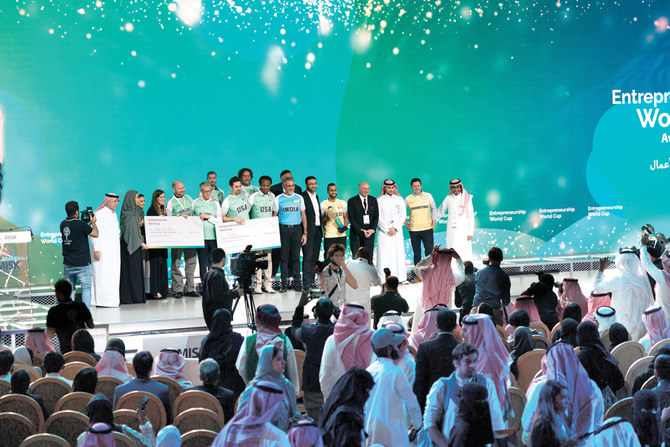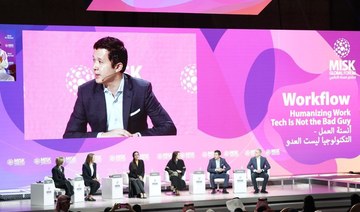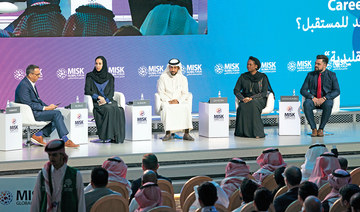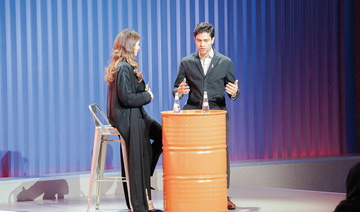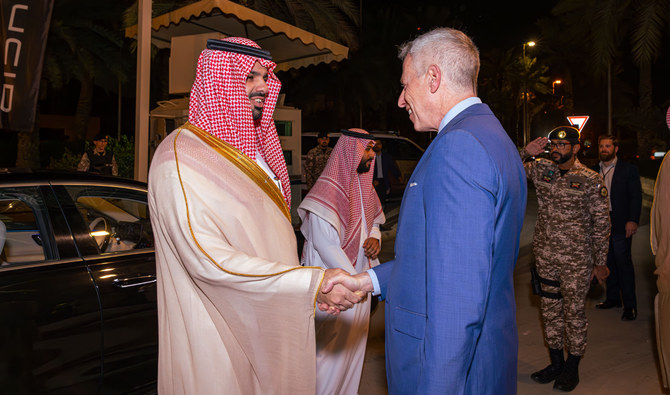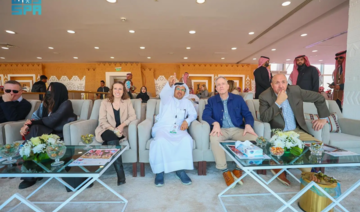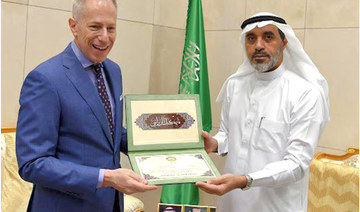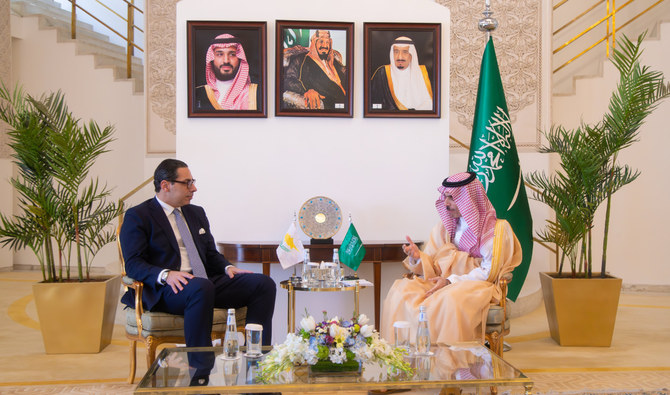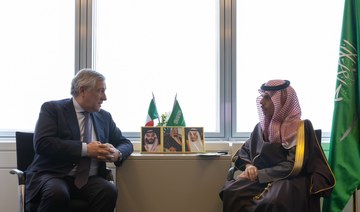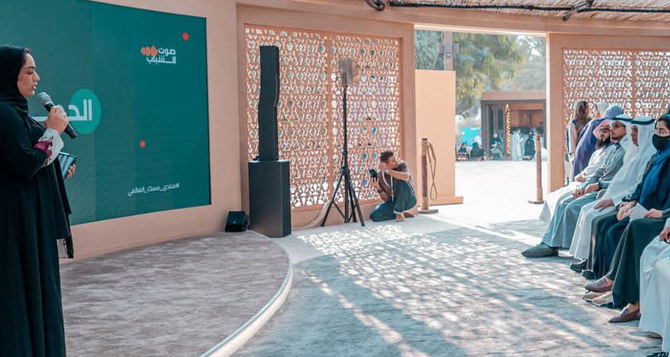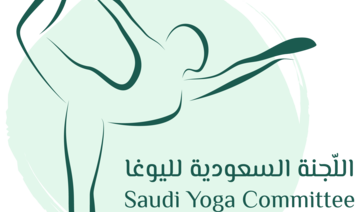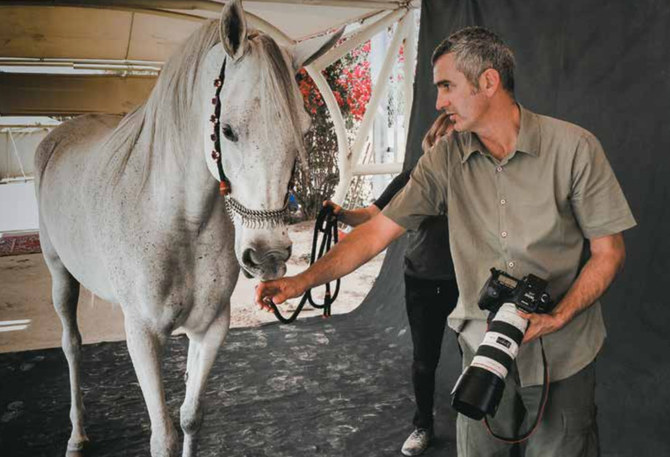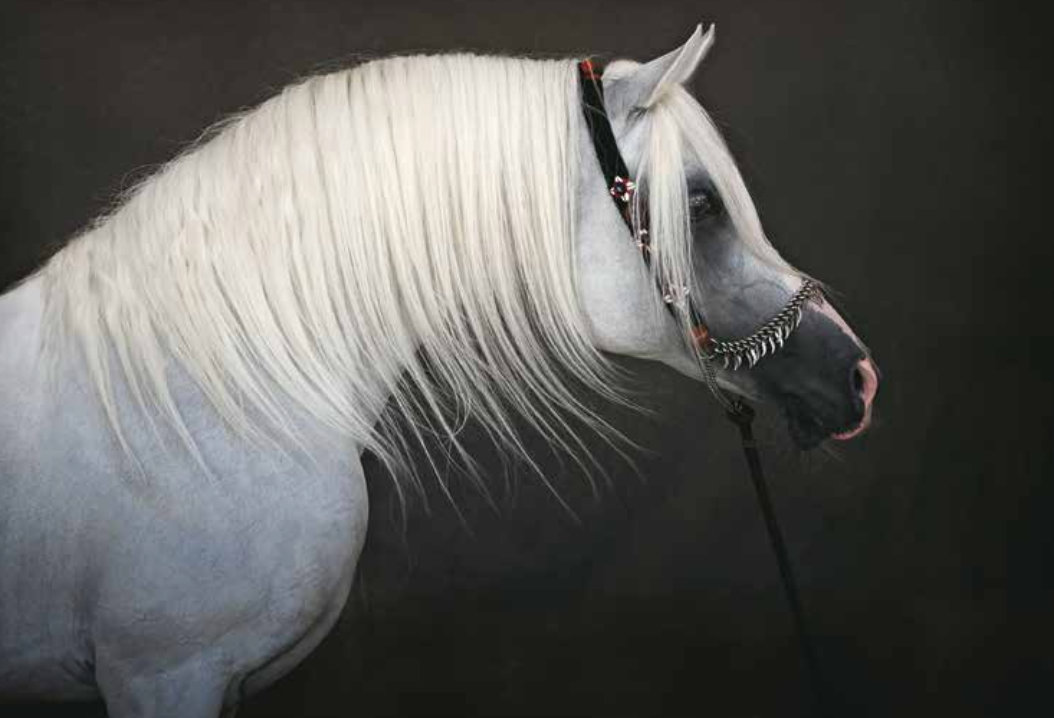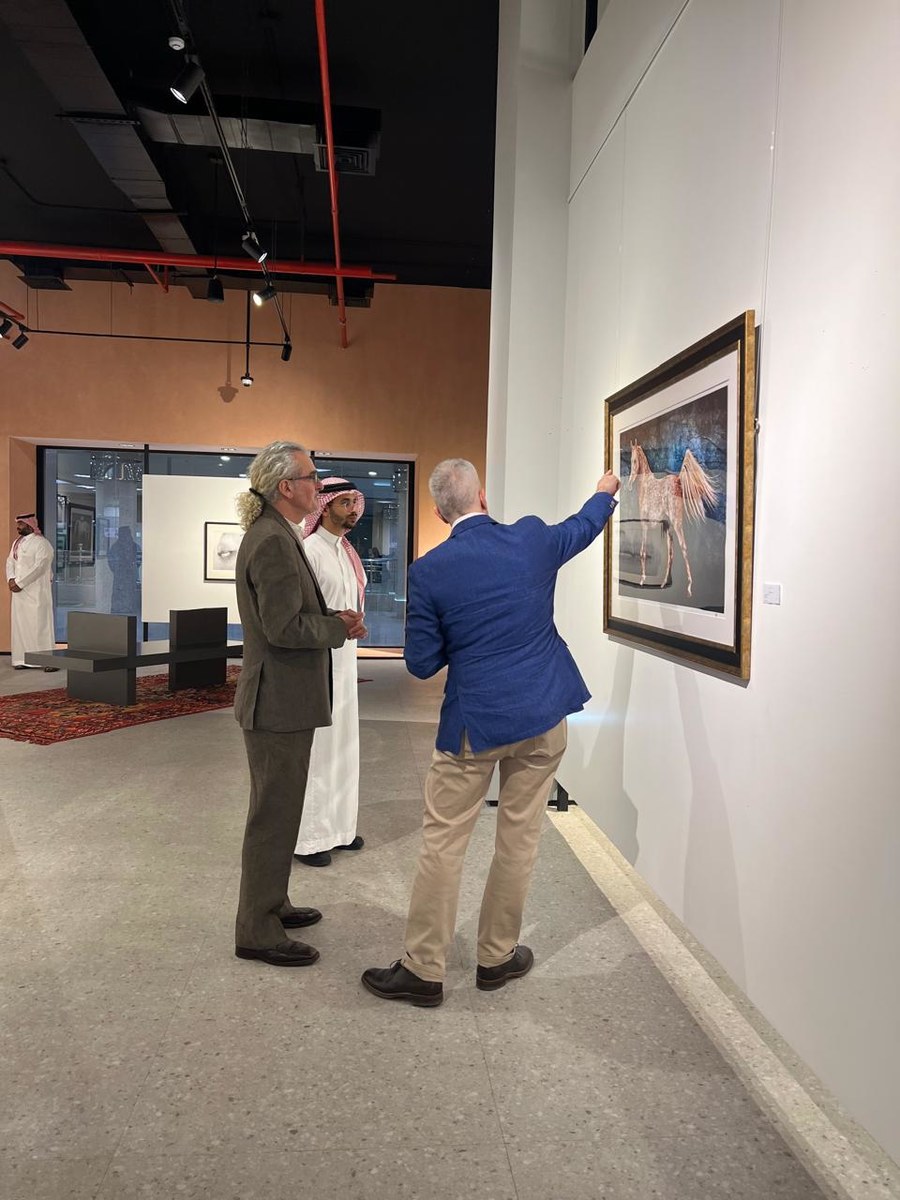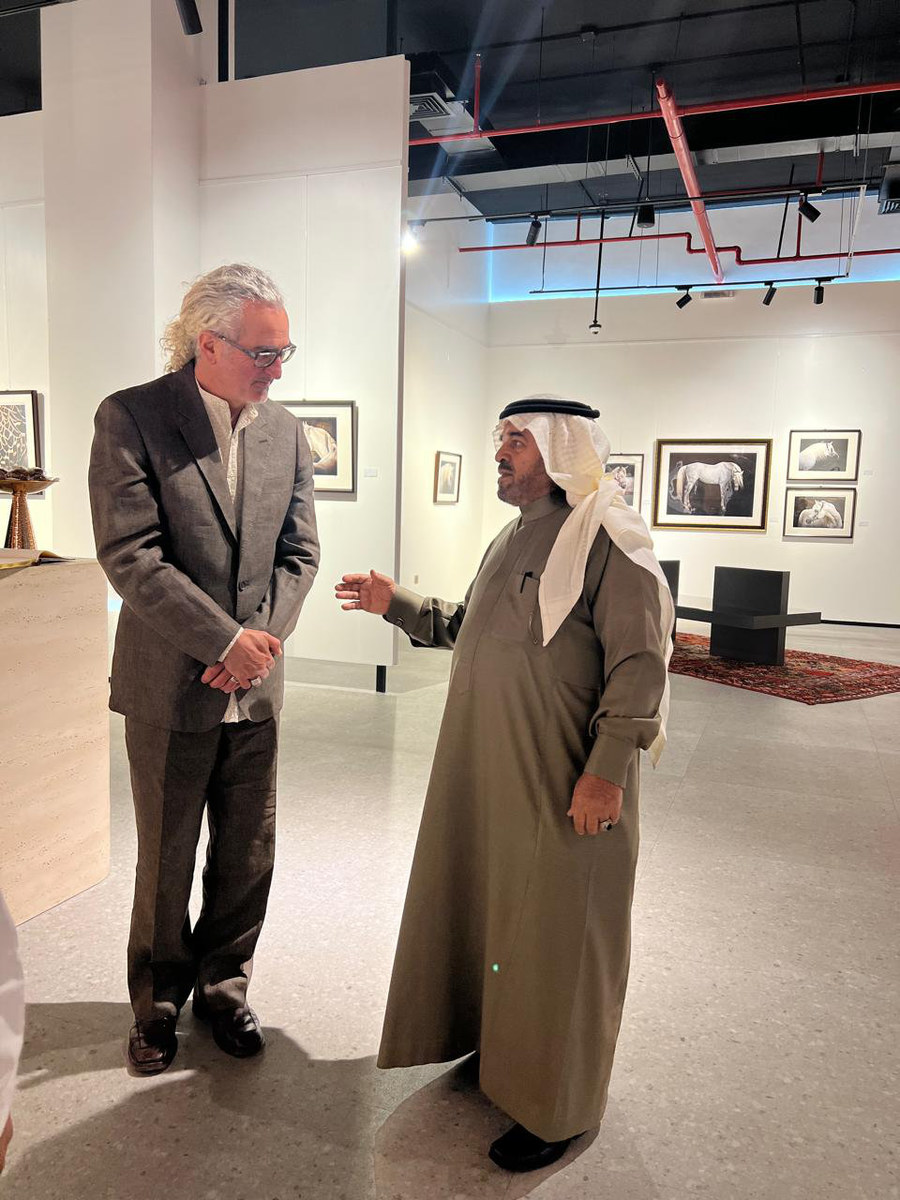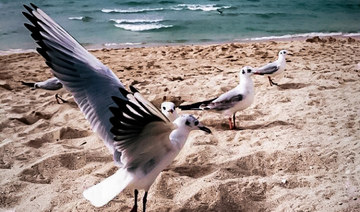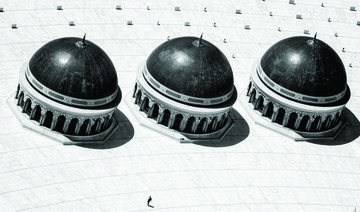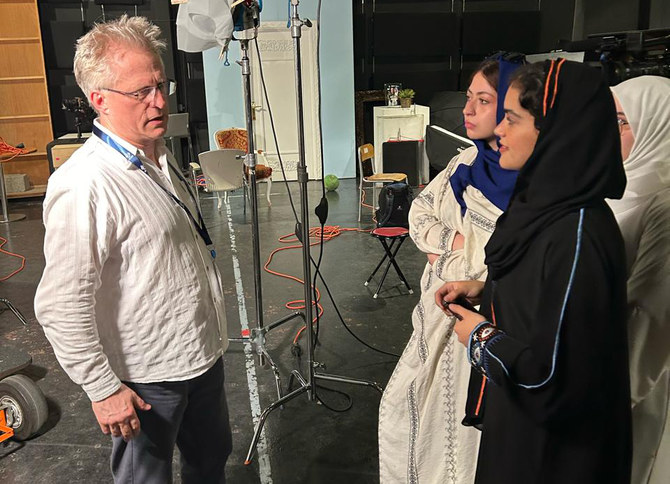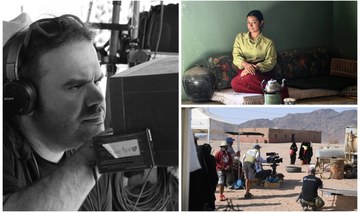RIYADH: Canadian firm NERv Technology Inc. emerged victorious at the Entrepreneurship World Cup (EWC) at the Misk Global Forum (MGF) 2019 in Riyadh on Thursday, with Saudi startup Red Sea Farms coming third.
NERv Technology Inc. was handed a $500,000 prize and the winning trophy, while second-ranked team Koniku Inc. from the US won $250,000.
Red Sea Farms received $150,000, and fourth and fifth-ranked Sumato-ID (of Argentina) and SUN Mobility (India) were handed $50,000 each.
Speaking to Arab News, NERv Technology’s Amr Abdelgawad said: “It’s been a fantastic experience going through the event here over the past few days.
“We have been working really hard for almost five years to make sure we have a device that can actually have an impact on people’s lives and I think we are getting one step closer to that.
“It was a great experience in terms of the people we met, the people we engaged with, being able to be in the same place with like-minded individuals who understand how difficult it is to start our own business. We helped each other and have great respect for all the finalists, the grand prize to us is just a small part of winning, to be in the final was great.”
On coming to Riyadh to participate in the EWC, he said: “It was really nice being here, I was born and raised in Saudi Arabia, so it is great to come back and see this country the way it is right now, and it is absolutely fantastic to win the EWC here.”
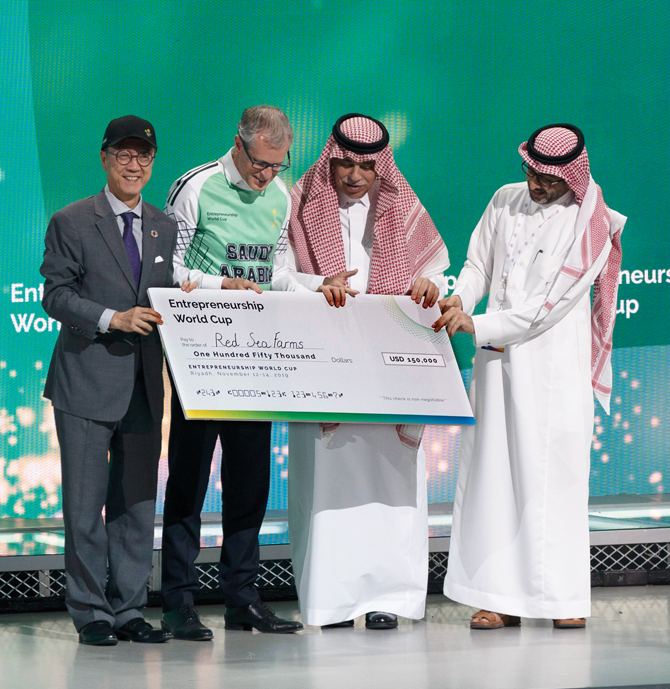
Third-ranked team Red Sea Farms (Saudi Arabia) received a $150,000 cheque. (AN photo by Ziyad Al-Arfaj)
Mark Tester, CEO and founder of Red Sea Farms, told Arab News: “It is a fantastic feeling to come third, to be in this event is fantastic to be honest, I am really proud of representing Saudi Arabia.”
He commended the role played by the King Abdullah University of Science and Technology (KAUST) describing it as a “fabulous organization” to work with.
“This is real affirmation of our efforts to build companies and deliver research back to Saudi Arabia,” added Tester.
Speaking at the final ceremony of the MGF, Commerce and Investment Minister Dr. Majid Al-Qasabi praised the startups at the EWC finals and described the MGF as a “hope forum,” saying it provided a platform for making the Kingdom a land of opportunity.
Shaima Hamidaddin, executive manager of the MGF, thanked all the participants and EWC contestants for “really amazing sessions”.
She also gave a sneak peak of MGF 2020, saying it would be historically important because of the Kingdom hosting G20 Summit next year.
“The EWC global finalists represent the cream of international startup talent. We’re looking forward to seeing the entrepreneurs reach even greater heights thanks to the bootcamp ahead of the finals at the MGF. Our partnership with KAUST is part of our commitment to working with top international leaders in innovation, training, and development to achieve our global mission of empowering young people to thrive in the knowledge economy.”
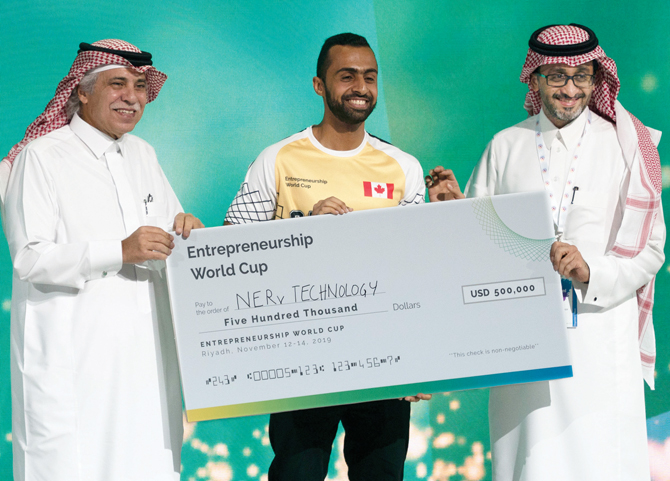
Dr. Majid Al-Qasabi, commerce and investment minister, left, and Bader Al-Asaker, chairman of MISK initiative center, right, with coo and cofounder of Nerv Technology that emerged victorious at the entrepreneurship World cup under the Misk Global Forum 2019 in Riyadh on Nov. 14, 2019. (AN photo/Ziyad Al-Arfaj)
Red Sea Farms received thunderous applause from the audience as it placed third, with all the successful teams well-received.
Notably, of the 100 global finalists, six were from Saudi Arabia: Sadeem, Faheem, Cura, Dhad, Red Sea Farms and UnitX. All were founded by graduates of KAUST’s entrepreneurship programs.
The contest’s 10 semifinalists were: Bambrew (India), CiDi (China), Corumat Inc. (US), DRD Biotech (Russia), Koniku Inc. (US), NERv Technology Inc. (Canada), Red Sea Farms (Saudi Arabia), SUN Mobility (India), Sumato-ID (Argentina), and Tensortec (China).
Judges at the event included Kevin O’Leary, chairman of O’Shares Investments, Abdulrahman Tarabzouni, CEO and managing director of STV, Christine Tsai, CEO of 500 Startups and Aneel Ranadive, managing partner at Soma Capital.
Earlier over the course of the forum, the 100 startups drawn from national and regional finals around the world were whittled down to a final top 10.
KAUST hosted the EWC finalists between Nov. 8 and Nov. 11 at its entrepreneurship bootcamp in partnership with the MGF, at its campus in Thuwal near Jeddah.
The EWC is the world’s largest startup competition, with over 100,000 applicants.
Saudi Arabia presents an extraordinary opportunity for startups interested in accessing the MENA market and tapping into KAUST’s unique ecosystem, focused on finding solutions to the world’s most pressing challenges in food, water, energy and the environment.
The KAUST-Misk partnership aims to advance Saudi Arabia’s ambitious economic transformation goals by attracting cutting-edge, impactful startups and top entrepreneurial talent to the Kingdom.
The EWC was conducted by the MGF in partnership with the Global Entrepreneurship Network, alongside local and regional partners.



